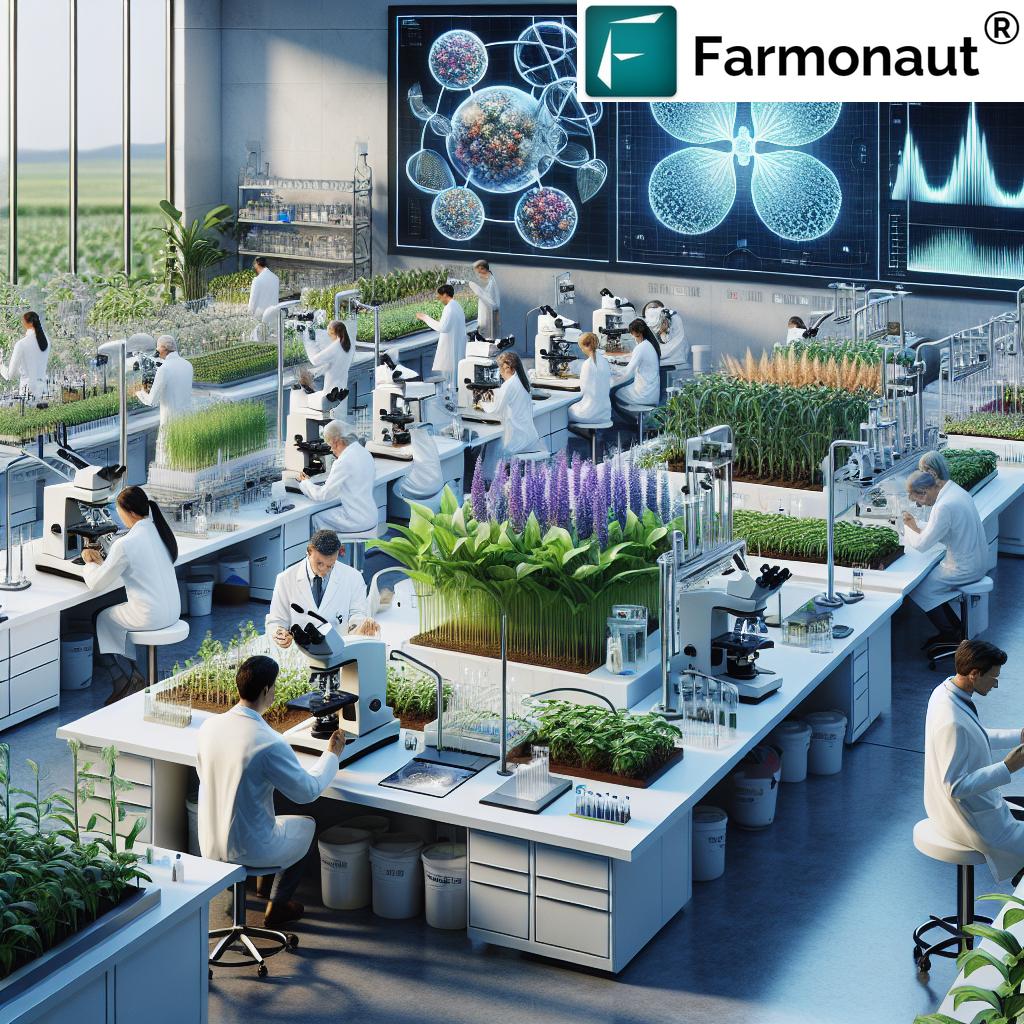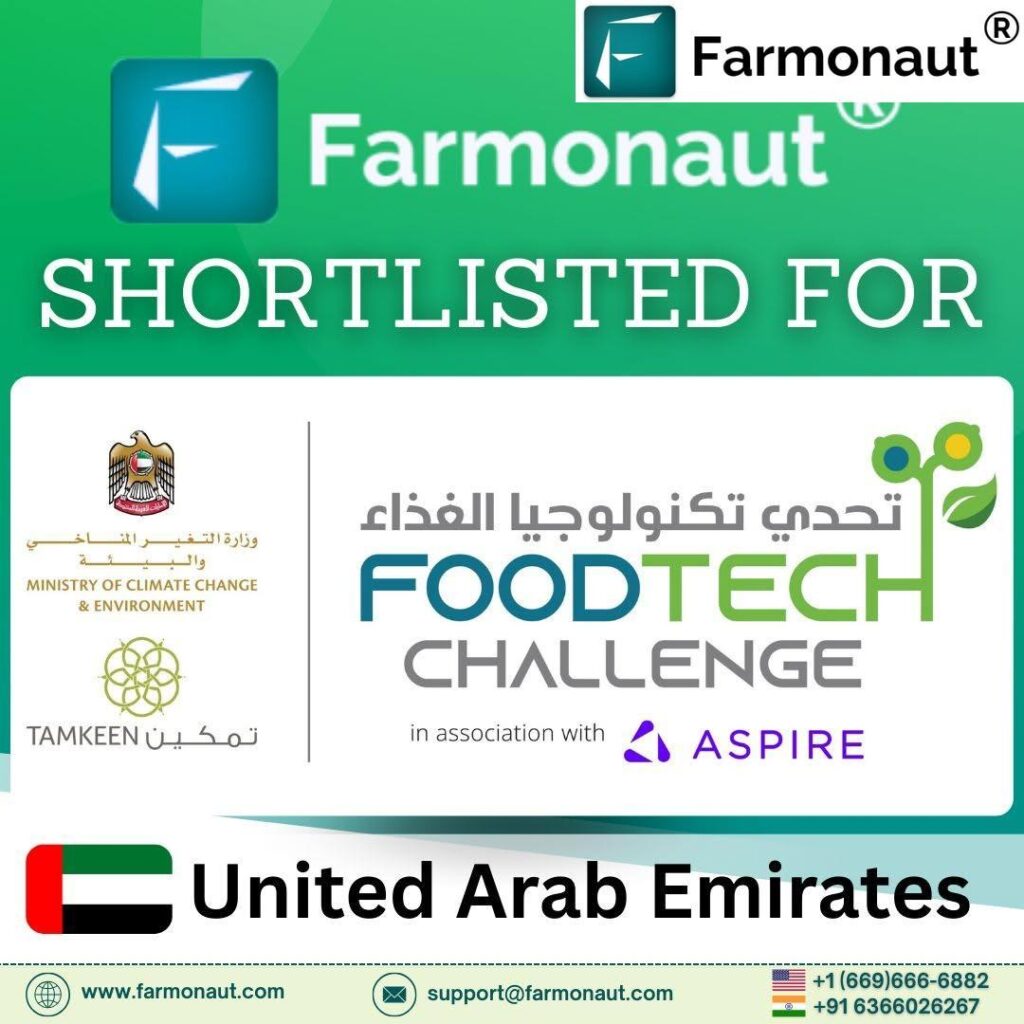Revolutionizing Global Food Security: Liberia’s Bold ARREST Agenda Sparks Climate-Smart Agriculture Reform

In a groundbreaking move that has caught the attention of the global agricultural community, Liberia’s President Joseph Nyuma Boakai has unveiled a bold initiative aimed at revolutionizing Liberia’s food security and sparking a wider reform in global food systems. The ambitious ARREST Agenda, presented at the World Food Forum in Rome, sets forth a comprehensive strategy to implement climate-smart agriculture and build sustainable food systems not just in Liberia, but across Africa and beyond.
The ARREST Agenda: A Beacon of Hope for Liberia’s Agricultural Future
The ARREST Agenda Liberia is more than just an acronym; it’s a call to action that encapsulates the urgency and determination behind Liberia’s agricultural reform. Standing for Agricultural Revitalization, Rural Enhancement, Sustainable Systems, and Transformative technologies, this agenda is set to redefine Liberia’s food security landscape.
- Enhanced local food production
- Improved climate resilience
- Expanded social protection programs
- Cross-border food collaborations
President Boakai’s vision extends far beyond Liberia’s borders, positioning the country as a pioneer in global food system reform initiatives. By focusing on these key areas, Liberia aims to create a ripple effect that could potentially transform agricultural practices across the African continent.
Climate-Smart Agriculture: The Cornerstone of Liberia’s Strategy
Climate-smart agriculture in Liberia is not just a buzzword; it’s the foundation upon which the entire ARREST Agenda is built. This approach integrates modern agricultural techniques with sustainable practices to ensure food production can withstand the challenges posed by climate change.

Key strategies include:
- Adoption of drought-resistant crops
- Implementation of water-efficient irrigation systems
- Soil conservation techniques
- Agroforestry practices
These initiatives are crucial for building resilience against the unpredictable weather patterns that have become increasingly common due to climate change. By embracing these practices, Liberia is setting an example for sustainable food systems in Africa.
Empowering Smallholder Farmers: The Heart of Agricultural Reform
At the core of the ARREST Agenda are smallholder farmer initiatives designed to empower the backbone of Liberia’s agricultural sector. President Boakai recognizes that true food security can only be achieved by supporting those who work the land day in and day out.
Smallholder farmer empowerment strategies include:
- Access to modern farming equipment and technologies
- Training programs on sustainable farming practices
- Improved access to markets and fair pricing mechanisms
- Financial support and microloans for farm development
These initiatives are not just about increasing yield; they’re about creating a sustainable livelihood for farmers and their families. By investing in smallholders, Liberia is laying the groundwork for a robust and resilient agricultural sector.
For farmers looking to leverage technology in their agricultural practices, the  offers cutting-edge solutions to enhance productivity and sustainability.
offers cutting-edge solutions to enhance productivity and sustainability.
Rural Infrastructure Development: Paving the Way for Progress
Rural infrastructure development for food security is another critical component of the ARREST Agenda. President Boakai understands that without proper infrastructure, even the most advanced agricultural techniques will fall short.
Key focus areas include:
- Improvement of rural roads to facilitate market access
- Development of storage facilities to reduce post-harvest losses
- Expansion of rural electrification to power agricultural operations
- Enhancement of telecommunication networks for better information access
These infrastructural improvements are essential for creating an enabling environment where agriculture can thrive. By connecting rural areas to markets and resources, Liberia is setting the stage for a more integrated and efficient food system.
FAO Partnership: A Catalyst for Change
The FAO partnership with Liberia is playing a pivotal role in advancing the country’s agricultural agenda. This collaboration aims to enhance women and youth involvement in agrifood systems, recognizing the crucial role these demographics play in achieving food security.
Key aspects of the FAO partnership with Liberia agriculture include:
- Technical assistance in implementing climate-smart agricultural practices
- Support in developing value chains for key agricultural products
- Capacity building for agricultural institutions and farmers’ organizations
- Assistance in policy formulation and implementation
This partnership is not just about knowledge transfer; it’s about creating sustainable systems that will continue to benefit Liberia long after the initial collaboration ends.
For those interested in leveraging satellite technology for agriculture, the Farmonaut Satellite API offers valuable insights for precision farming.
Social Protection Programs: Ensuring No One is Left Behind
Understanding that food security is as much about access as it is about production, the ARREST Agenda places significant emphasis on social protection programs. These initiatives are designed to ensure that even the most vulnerable members of society have access to nutritious food.
Key components of these programs include:
- Food subsidies for low-income families
- School feeding programs to improve child nutrition and education outcomes
- Cash transfer programs for vulnerable households
- Emergency food reserves to address sudden food shortages
By implementing these social safety nets, Liberia is taking a holistic approach to food security, addressing both the production and distribution aspects of the food system.
Cross-Border Collaborations: Strengthening Regional Food Security
Recognizing that food security challenges don’t stop at national borders, the ARREST Agenda promotes cross-border food collaborations. These initiatives aim to create a more resilient regional food system by leveraging the strengths of different countries.
Key aspects of these collaborations include:
- Harmonization of agricultural policies among neighboring countries
- Joint research initiatives on climate-resilient crop varieties
- Shared early warning systems for climate-related agricultural risks
- Facilitation of cross-border trade in agricultural products
These collaborations are not just about sharing resources; they’re about creating a united front against food insecurity in the region.
For developers looking to integrate agricultural data into their applications, the Farmonaut API Developer Docs provide comprehensive guidance.
The Road Ahead: Challenges and Opportunities
While the ARREST Agenda presents a comprehensive and ambitious plan for revolutionizing Liberia’s food security and contributing to global food system reform, it’s important to acknowledge the challenges that lie ahead. Implementation will require significant resources, both financial and human, as well as sustained political will.
However, the potential benefits far outweigh the challenges. By successfully implementing this agenda, Liberia has the opportunity to:
- Achieve food self-sufficiency
- Become a net exporter of agricultural products
- Create millions of jobs in the agricultural sector
- Significantly reduce poverty and malnutrition rates
- Serve as a model for other African nations in agricultural reform
The success of the ARREST Agenda could potentially spark a domino effect, inspiring similar reforms across the continent and contributing to a more food-secure Africa.
Conclusion: A Call to Action for Global Food Security
President Boakai’s presentation of the ARREST Agenda at the World Food Forum in Rome was more than just a national policy announcement; it was a call to action for the global community. The challenges of food security and climate change are too great for any one nation to tackle alone.
As Liberia embarks on this ambitious journey, it invites partners, both regional and global, to join in this crucial endeavor. The ARREST Agenda represents not just hope for Liberia, but a potential blueprint for addressing food security challenges worldwide.
For those looking to stay at the forefront of agricultural technology, consider downloading the Farmonaut app:
As the world watches Liberia’s bold steps towards revolutionizing its food systems, one thing is clear: the time for action on global food security is now, and Liberia is leading the charge.















